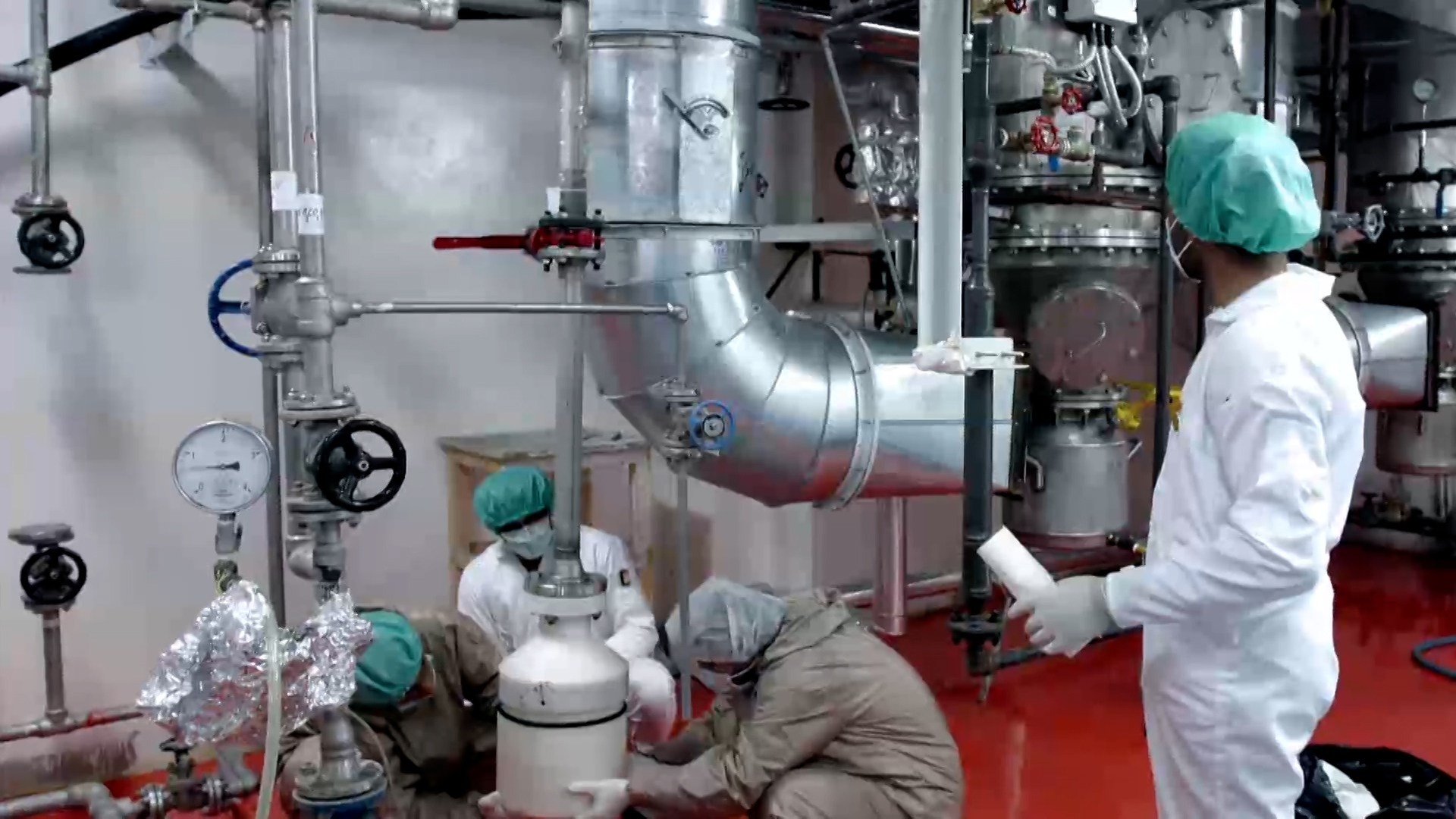Axios website quoted US and Israeli officials that the administration of US President Joe Biden has sought in recent days to reassure Israel that it has not agreed to new concessions with Iran, and that the nuclear agreement is not imminent.
The website - quoting US officials - said that during the past week, White House officials assured their Israeli counterparts that despite press claims, there were no new concessions to Iran.
The website added, quoting one of those officials as saying that a nuclear agreement with Iran may be closer than it was two weeks ago, but the outcome is still uncertain, with some gaps remaining.
Axios reported that Israeli Prime Minister Yair Lapid does not intend to launch a public campaign against Biden over the planned nuclear deal with Iran, although discussions with Washington on Iran have recently become tougher, according to Israeli officials.
Iran provided an official response this week to a "final" proposal from the European Union that mediates between the United States and Iran, fueling speculation that a deal could be close and leading to a rift between the United States and Israel, which opposes restoring the nuclear deal.
Israeli fears have been exacerbated by the fact that Israel is currently engaged in an electoral campaign, as the site suggested that if a nuclear agreement was announced before the Israeli elections scheduled for next November, this would give political power to opposition leader Benjamin Netanyahu to use against Lapid.
concessions
Yesterday, Saturday, Washington denied reports that it accepted new concessions to Iran in order to return to the nuclear agreement, and a US State Department spokesman told Al Jazeera that "if Iran is ready to comply with the 2015 agreement, we are ready to do the same."
"We have received Iran's response to the final proposal from the European Union and we are studying it, and we are in regular contact with the European Union and our talks with it are private," the official added.
And CNN had quoted a US official as saying that reaching an agreement on Iran's nuclear program is closer now than it was two weeks ago, but the result is still uncertain because there are some points of contention, as he put it.
Muhammad Marandi, an adviser to the Iranian negotiating team in Vienna, responded by saying that deleting the name of the Revolutionary Guards was not a condition for any agreement, and that Tehran would keep the US Central Command in the Middle East on its list of terrorism.
Final suggestion
Last week, the European Union submitted a final settlement proposal, and called on Tehran and Washington to respond to it, hoping to culminate in talks that began a year and a half ago.
And last Tuesday, the official Iranian news agency IRNA reported that Tehran had submitted its "written response to the text proposed by the European Union."
Hours after the announcement, both the European Union and the United States confirmed that the Iranian response was subject to evaluation.
Diplomats from Iran, the United States and 5 countries (China, Russia, France, Britain and Germany) have been negotiating for months in Vienna on a deal to restore Tehran's commitment to restrictions on its nuclear program, in exchange for the lifting of economic sanctions.

